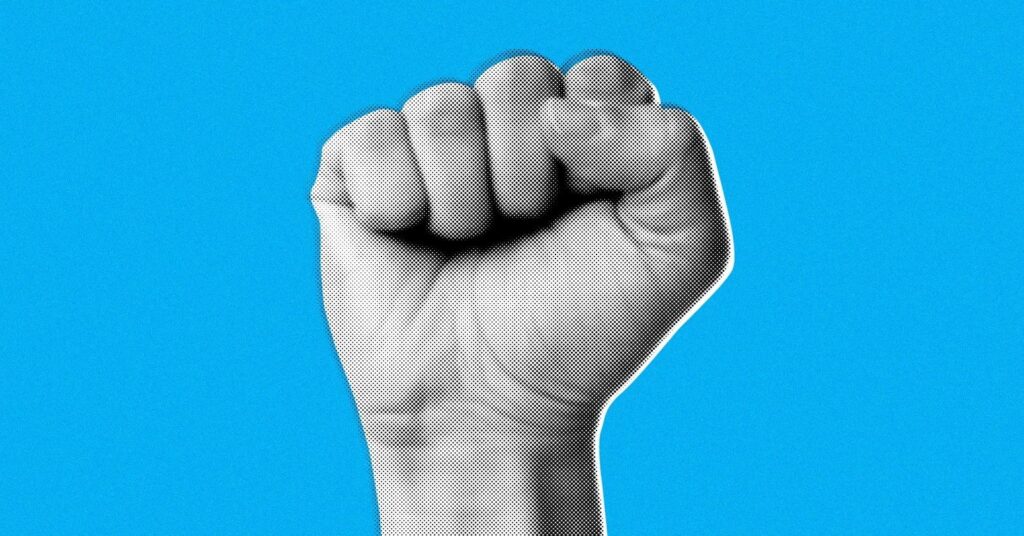Are you curious to know what is dimension of power? You have come to the right place as I am going to tell you everything about dimension of power in a very simple explanation. Without further discussion let’s begin to know what is dimension of power?
What Is Dimension Of Power?
Power is a complex and multifaceted concept that plays a fundamental role in various aspects of human life, from politics and economics to social interactions and personal relationships. To comprehend power in its entirety, one must consider its multiple dimensions. In this blog, we will delve into the diverse dimensions of power and explore how they manifest in society, organizations, and our daily lives.
-
Physical Power:
Physical power is perhaps the most apparent dimension of power. It pertains to one’s ability to exert force, control, or influence through physical means. This includes physical strength, combat skills, and the capacity to control or dominate others physically. Physical power can be seen in actions like military force, physical confrontations, and acts of dominance.
-
Political Power:
Political power is the ability to influence or control the decision-making processes within a political system. It is often wielded by politicians, leaders, and governments. Political power is exercised through laws, policies, and the allocation of resources. It can manifest in various forms, from democracy and monarchy to authoritarianism and oligarchy.
-
Economic Power:
Economic power is closely tied to financial resources and wealth. It involves the capacity to influence economic activities, shape markets, and control resources. Those with economic power can impact the allocation of resources, job opportunities, and the distribution of wealth.
-
Social Power:
Social power is rooted in one’s position and influence within a society or community. It is often linked to social status, networks, and reputation. Social power can be seen in the ability to shape social norms, influence public opinion, or lead social movements.
-
Psychological Power:
Psychological power relies on the ability to influence, manipulate, or control the thoughts, emotions, and behaviors of others. It includes elements like persuasion, charisma, and emotional intelligence. Psychological power can be harnessed to affect the decisions and actions of individuals and groups.
-
Informational Power:
Informational power is founded on the control and dissemination of knowledge and information. It encompasses the ability to influence through the media, propaganda, education, and the control of information sources. Those who possess informational power can shape public discourse and perceptions.
-
Relational Power:
Relational power focuses on the influence that one derives from their relationships and connections with others. It involves building alliances, networks, and social bonds to attain goals or influence decisions. Relational power is critical in interpersonal relationships, organizational dynamics, and diplomacy.
-
Expertise Power:
Expertise power is grounded in specialized knowledge and skills. Those who are experts in a particular field or domain can exert influence and power over others by providing valuable insights and solutions. Expertise power is prevalent in professions, academia, and advisory roles.
-
Coercive Power:
Coercive power is based on the ability to force compliance or obedience through threats, punishment, or sanctions. It is often used by authoritarian governments, employers, and individuals who leverage fear and intimidation to achieve their objectives.
Conclusion
Power is a dynamic and multi-dimensional concept that shapes our world in countless ways. Recognizing the diverse dimensions of power is essential for understanding the intricate dynamics of society, governance, and human relationships. Whether it is physical, political, economic, social, or any other dimension, the impact of power on our lives is profound and far-reaching. Being mindful of these dimensions can help us navigate power dynamics and engage in more informed and responsible decision-making.
FAQ
What Is The Dimension Formula?
The dimensional formula is defined as the expression of the physical quantity in terms of its basic unit with proper dimensions. For example, dimensional force is. F = [M L T-2] It’s because the unit of Force is Netwon or kg*m/s2. Dimensional equation.
What Is The Dimensions Of Time In Power?
The dimension formula for power is $[ML^{2}T^{-3}]$ . And here, we can see the power on T is $-3$. The dimension of time in power is $-3 (T^{-3})$. Note: Power is represented as the rate of performing work; it is the work produced in unit time.
What Are Units Of Power?
The SI unit of power is Watt (W) which is joules per second (J/s). Sometimes the power of motor vehicles and other machines is given in terms of Horsepower (hp), which is approximately equal to 745.7 watts.
What Are The 3 Dimensions Of Power?
This theory claims that power is exercised in three ways: decision-making power, non-decision-making power, and ideological power. Decision-making power is the most public of the three dimensions. Analysis of this “face” focuses on policy preferences revealed through political action.
I Have Covered All The Following Queries And Topics In The Above Article
What Is Dimension Of Power In Physics
What Is Dimension Of Power Formula
What Is Dimension Of Power Class 11
Dimension Of Pressure
Dimensions Of Energy
Dimensions Of Work
Dimensional Formula Of Work
Dimension Of Force
What Is Dimension Of Power
What are the dimensions of force






